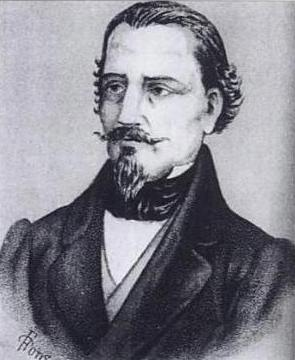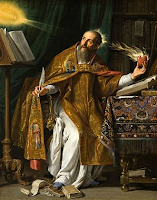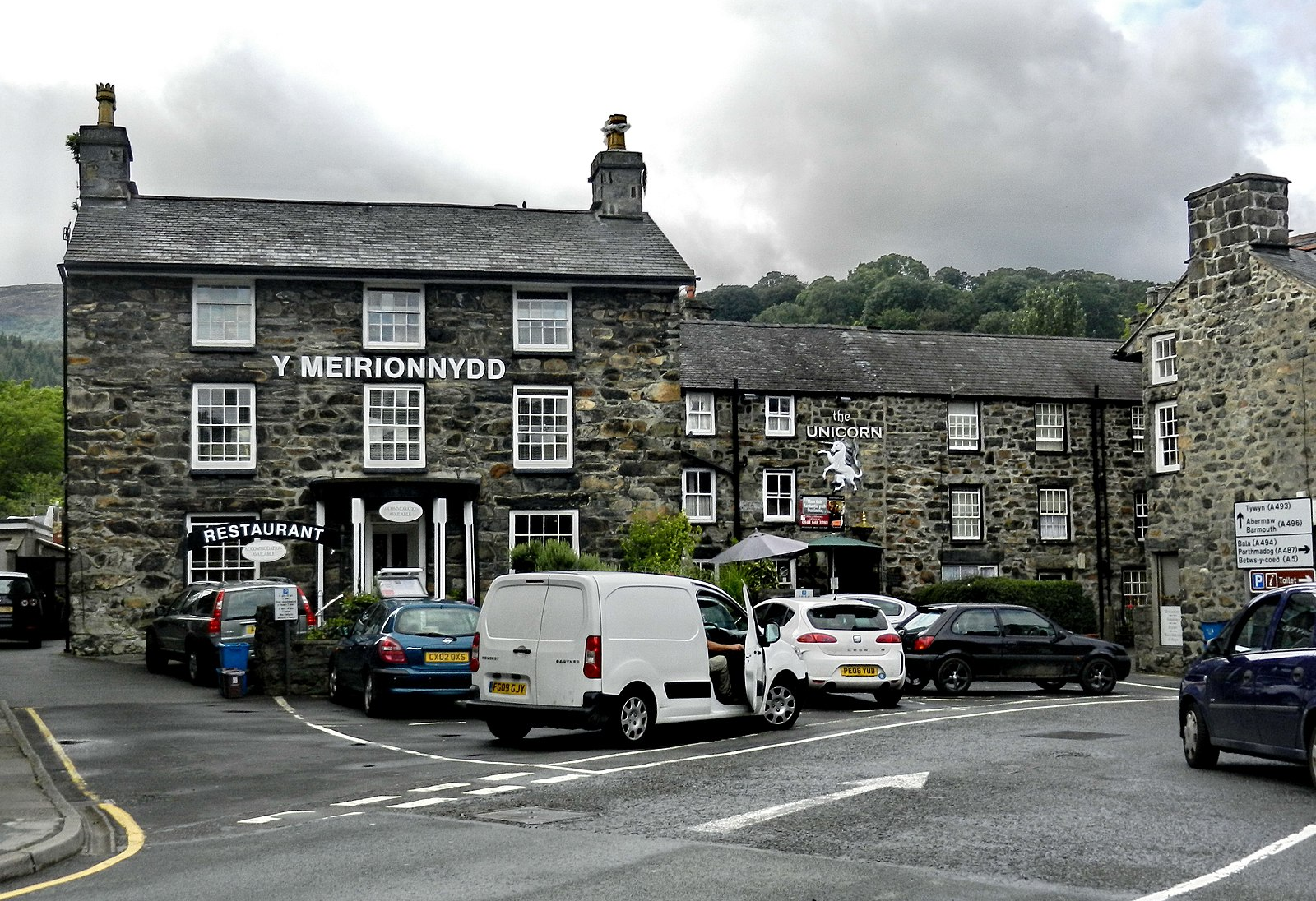Cayetano Ripoll, hanged for heresy

This account does not fit within the parameters of my study of heresy in Britain and Ireland. I include it nonetheless as a salutary example of what has been done by Christians who were convinced of their own righteousness. =========== Cayetano Ripoll (1778-1826) was a schoolmaster, a soldier in the Spanish Peninsular War, a Deist and very unfortunate: he was the last person to be killed by the Spanish Inquisition. ( Wiki has a fuller account.) The Inquisition had been suppressed in Spain in 1808. It was reconstituted under King Fernando VII in 1814 and the following year it issued an edict condemning modern rationalist philosophy and calling on all faithful Catholics to denounce anyone who adhered to such teaching, as well as Jews, Muslims and Protestants. Ripoll, when a soldier, had been captured by French forces and imprisoned. Whilst there he declared himself to be a Deist. (Caytano Ripoll. Image from the World Union of Deists.) On his return to Valencia in 1824, Ripoll beca


